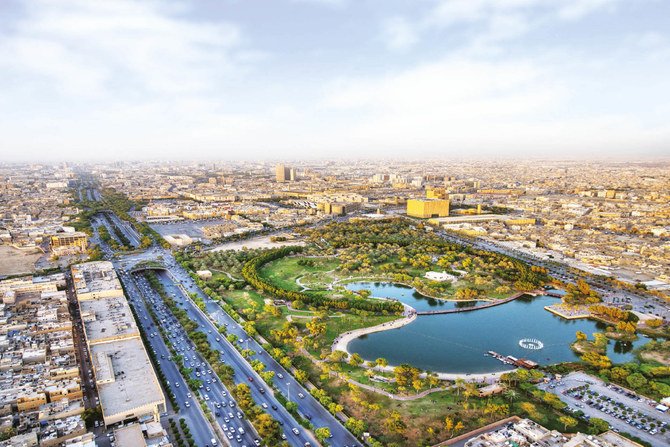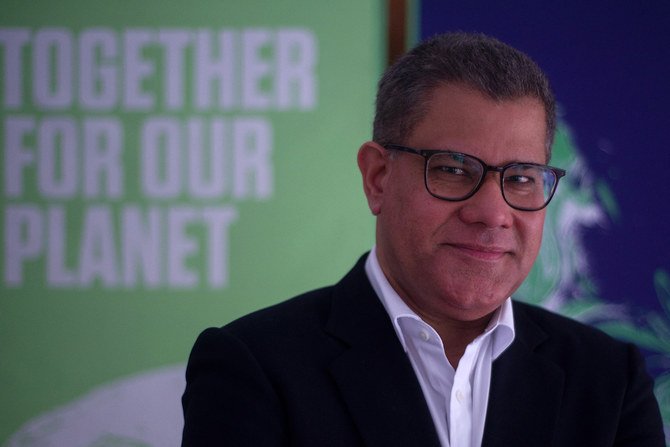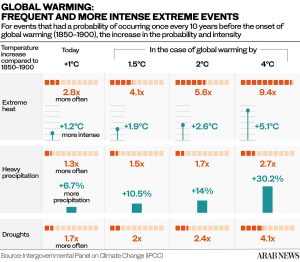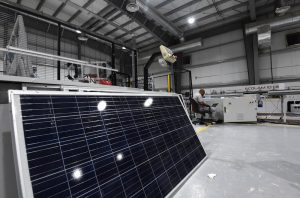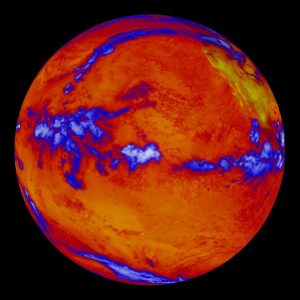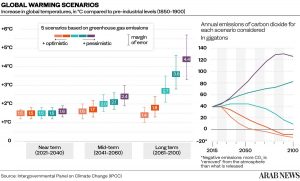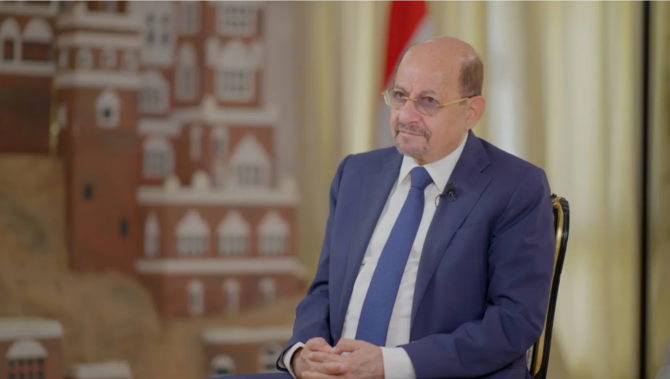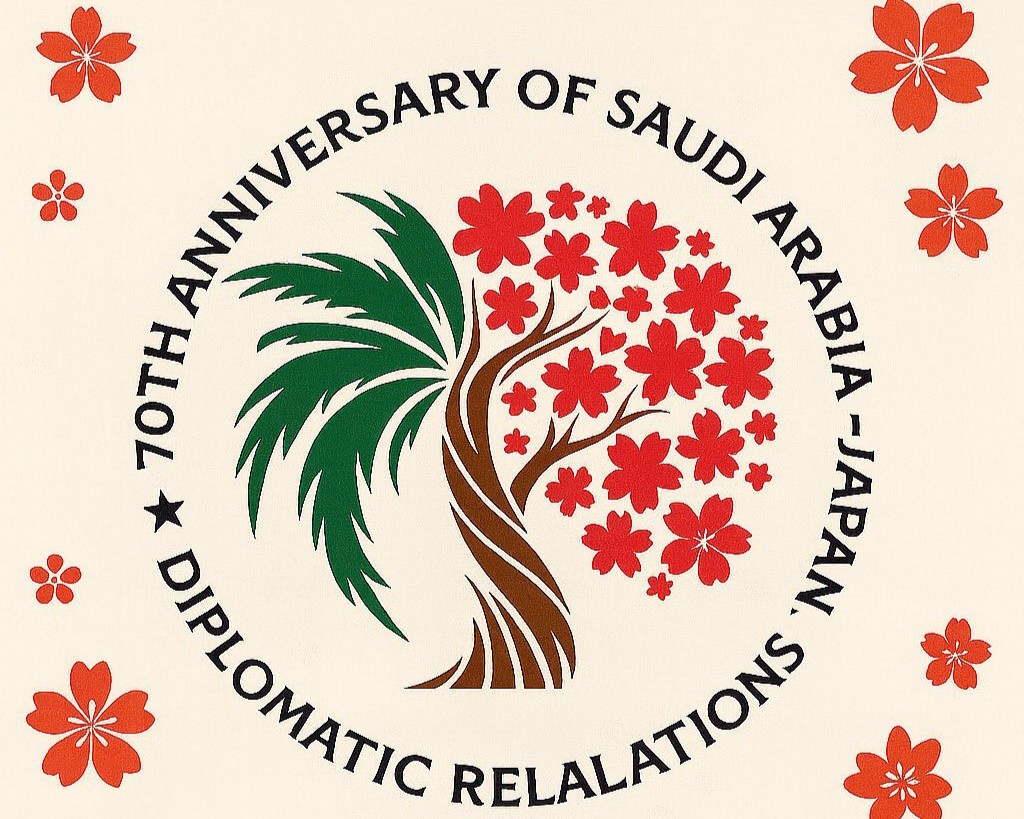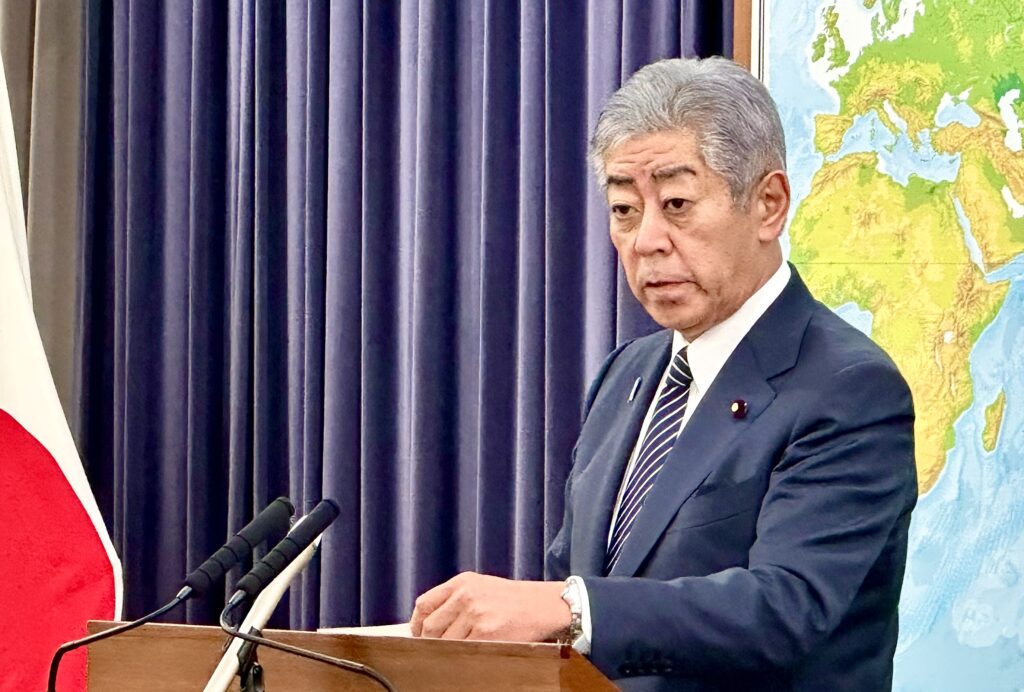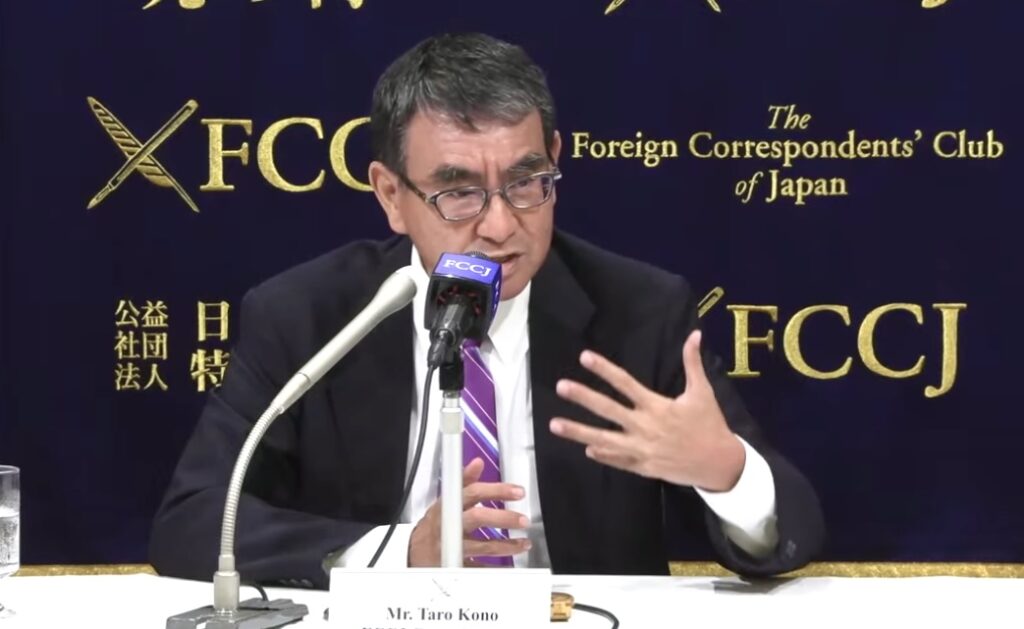Rawan Radwan
JEDDAH: It is now indisputable: The planet is getting hotter, and unless governments take immediate action to cut greenhouse gas emissions, dramatic changes to the climate will become irreversible. That was the verdict of the world’s foremost climate scientists in a report published earlier this month.
Dubbed “code red for humanity” by UN chief Antonio Guterres, the report issued by the UN’s Intergovernmental Panel on Climate Change says human activity over the past century has already fundamentally altered the natural order.
To prevent a global temperature rise of more than 2 C by the year 2030, scientists believe governments must substantially cut their carbon emissions — and fast.
The effects of climate change are especially clear in the Arab states of the Middle East and North Africa region, where drought and temperatures in excess of 50 C have now become the norm.
Carbon capture, utilization and storage are essential if greenhouse gases are to be gradually eliminated as a threat to the atmosphere and the environment.
The Kingdom is also leading the way in the GCC with the Saudi Green Initiative and the Middle East Green Initiative, which aim to reduce carbon emissions by 60 percent with the help of clean hydrocarbon technologies and by planting 50 billion trees, including 10 billion in the Kingdom.
“Afforestation projects can indeed contribute to removing CO2, increasing biodiversity and avoiding land degradation,” said Duarte.
“They need to be very carefully planned, monitored and protected. Achieving the very ambitious goals of afforestation under the Saudi Green initiative will be indeed very challenging, but will generate major benefits to the Kingdom and the planet.”
These positive steps were recently acknowledged by John Kerry, the US climate envoy, who also lauded Riyadh’s plan to invest $5 billion in the world’s largest green hydrogen plant in NEOM — the smart city under construction on the Red Sea coast.
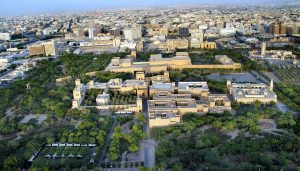
As part of the framework for local action on climate change, NEOM is exploring several potential initiatives to combat rising temperatures as well as restore ecosystems, including one critical marine discovery that could benefit other coastal habitats.
Researchers claim that many coral species found off the Red Sea coast of NEOM appear to be preconditioned to survive in higher sea-surface temperatures.
“This natural resilience provides an opportunity for NEOM to grow corals that can be used for reef-restoration activities and it is planning the world’s largest coral garden from nursery-grown corals,” Damien Trinder, director of sustainable development at NEOM, told Arab News.
“This program may also help offset the impacts of climate change already reported in other parts of the world by providing resilient coral strains for export globally.”
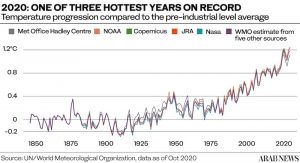
Another innovation championed by NEOM is a plan to increase the use of locally and regionally grown native plants in gardens and public spaces.
“These species are naturally adapted to hot, dry conditions, use significantly less water than non-native species and provide additional habitats for birds, insects, and other fauna,” said Trinder.
Indeed, while governments are busy looking for ways to prevent the further warming of the planet, they are also searching for ways to adapt to already fast-evolving habitats. But that is not to say the world should sit on its hands and accept climate change is inevitable, say scientists.
“Our choices today can make a real positive difference,” said Trinder. “In the same way, we can make choices, such as making sure we minimize electricity use in offices and homes and selecting local produce over imported, which can help both the climate as well as the local economy.”
——————
Twitter: @Rawanradwan8



